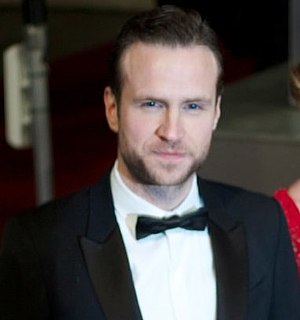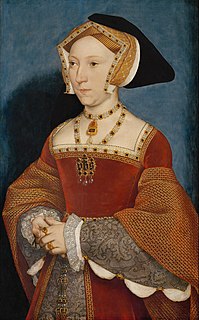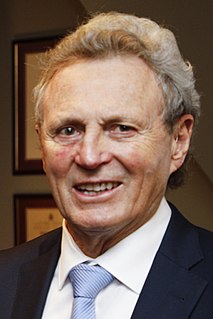A Quote by Fiona Hill
I grew up poor with a very distinctive working-class accent. In England in the 1980s and 1990s this would have impeded my professional advancement. This background has never set me back in America.
Related Quotes
The really successful work in England tends to be working-class writers telling working-class stories. The film industry has been slow to wake up to that, for a variety of reasons. It still shocks me how few films are written or made in England about working-class life, given that those are the people who go to movies.
My family supported me. I wasn't hot-housed at all as a young child; I didn't go to any kind of gifted school. They didn't exist in the very poor parts of England when I grew up in the 1980s. I had a great time to learn, had access to libraries and teachers who were patient and enthusiastic when I showed ability in some subjects.
I lived in America for a long time before I started working as an actor. Some actors show up on set and have never done an American accent before, so they rely on a slew of technical mechanisms. Part of what makes an accent is understanding why people speak that way - you have to understand the culture.
I think one of the main differences between being an English actor and being an American actor is that we have things like the class system in England.I'm middle class. But I've got what some people might consider to be a working-class accent, so you've got those sorts of elements in this country to consider, which, in America, exist, but not necessarily in the same way.




































